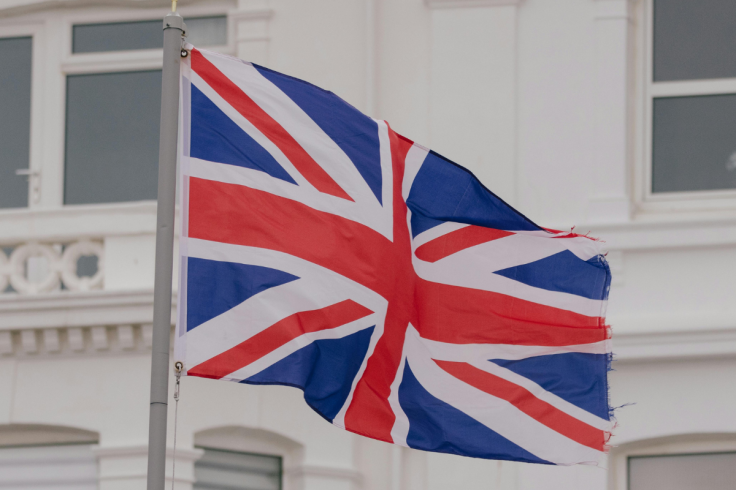National Living Wage Increase 2025: 4.1% Rise On Minimum Pay Expected, Young Labourers Could Also Get Higher Salary
Equalise wages for younger workers aligns with efforts to counter Nigel Farage's Reform UK

The UK's National Living Wage is set to rise by 4.1% in April 2026, increasing from £12.21 ($16.24) to £12.71 ($16.90) per hour for workers aged 21 and over, as Deputy Prime Minister Angela Rayner pushes to boost pay and address discriminatory age bands.
This move, aimed at wooing younger voters, could see 18- to 20-year-olds earn the full adult rate, up from £10 ($13.30)per hour, but business leaders warn of job losses.
A 4.1% Wage Hike: Boosting Pay for Millions
The Low Pay Commission has been tasked with reshaping the National Living Wage structure, aiming to deliver fairer pay by April 2026, particularly for workers in low-paid sectors like retail, hospitality, and care.
The policy is aimed to extend the adult minimum wage significantly. Rayner, spearheading Labour's workers' rights overhaul, has tasked the Commission with scrapping age-based wage bands, potentially aligning the 18- to 20-year-old rate with the adult minimum.
Angela Rayner told The Telegraph, 'This remit is the next milestone in our plan to get more money in working people's pockets.'
The increase outpaces inflation, currently at 3.6% in June 2025, ensuring real-term gains for around 2.5 million low-paid workers.
For 18- to 20-year-olds, the jump from £10 ($13.30) to £12.71 ($16.90)could mean an extra £2,100 ($2,805) annually, a significant boost for young labourers in retail, hospitality, and care.
Posts on X from @WhitleyStimpson note, 'Rising employment costs are set to impact the agricultural & horticultural sectors!' reflecting broader concerns about the wage hike's ripple effects.
Rising employment costs are set to impact the agricultural & horticultural sectors!
— Whitley Stimpson (@WhitleyStimpson) July 30, 2025
From April 2025, the National Living & Minimum Wage increases took effect, followed by a rise in employer National Insurance contributions.
Read the full blog here ⬇️https://t.co/zcHAlnG7nw
Targeting Young Workers: Labour's Political Strategy
Labour's push to equalise wages for younger workers aligns with efforts to counter Nigel Farage's Reform UK, which leads polls among younger voters.
Rayner's plan to lower the voting age to 16 by the next election complements this strategy, aiming to strengthen Labour's appeal.
The discriminatory age bands, which pay 18- to 20-year-olds £10 ($13.30) and 16- to 17-year-olds £7.55 ($10.04), have been criticised as unfair. Rayner stated, 'This policy shows Labour is delivering on its promise to make low pay a thing of the past.'
However, the move risks unintended consequences. Michael Kill of the Night Time Industries Association warned, 'Employers might prefer more experienced staff, reducing job opportunities for those entering the workforce.'
The Federation of Small Businesses echoed this, noting that higher wages could deter hiring of younger, less experienced workers, potentially exacerbating the worklessness crisis, with nearly three million under-25s not in employment, education, or training.
Economic Risks: Business Pushback and Job Concerns
The wage increase and Labour's New Deal for Working People are raising alarms among businesses, particularly in sectors like retail and hospitality reliant on low-paid workers.
Kate Nicholls, chief executive of UKHospitality, told The Guardian, 'This is the toughest trading environment I've ever experienced in 30 years in the sector,.'
The 4.1% wage hike could add £3.75 billion ($5 billion) in annual costs for employers, per the Resolution Foundation, straining small firms already grappling with a 2024 National Insurance increase.
Inflationary pressures, with pay growth potentially pushing prices up, may delay Bank of England rate cuts from 4.25%, per Reuters.
Firms may cut hours or jobs, particularly for younger workers, to offset costs, with the youth unemployment rate at 14.2% in June 2025, risking further economic strain.
© Copyright IBTimes 2025. All rights reserved.




















